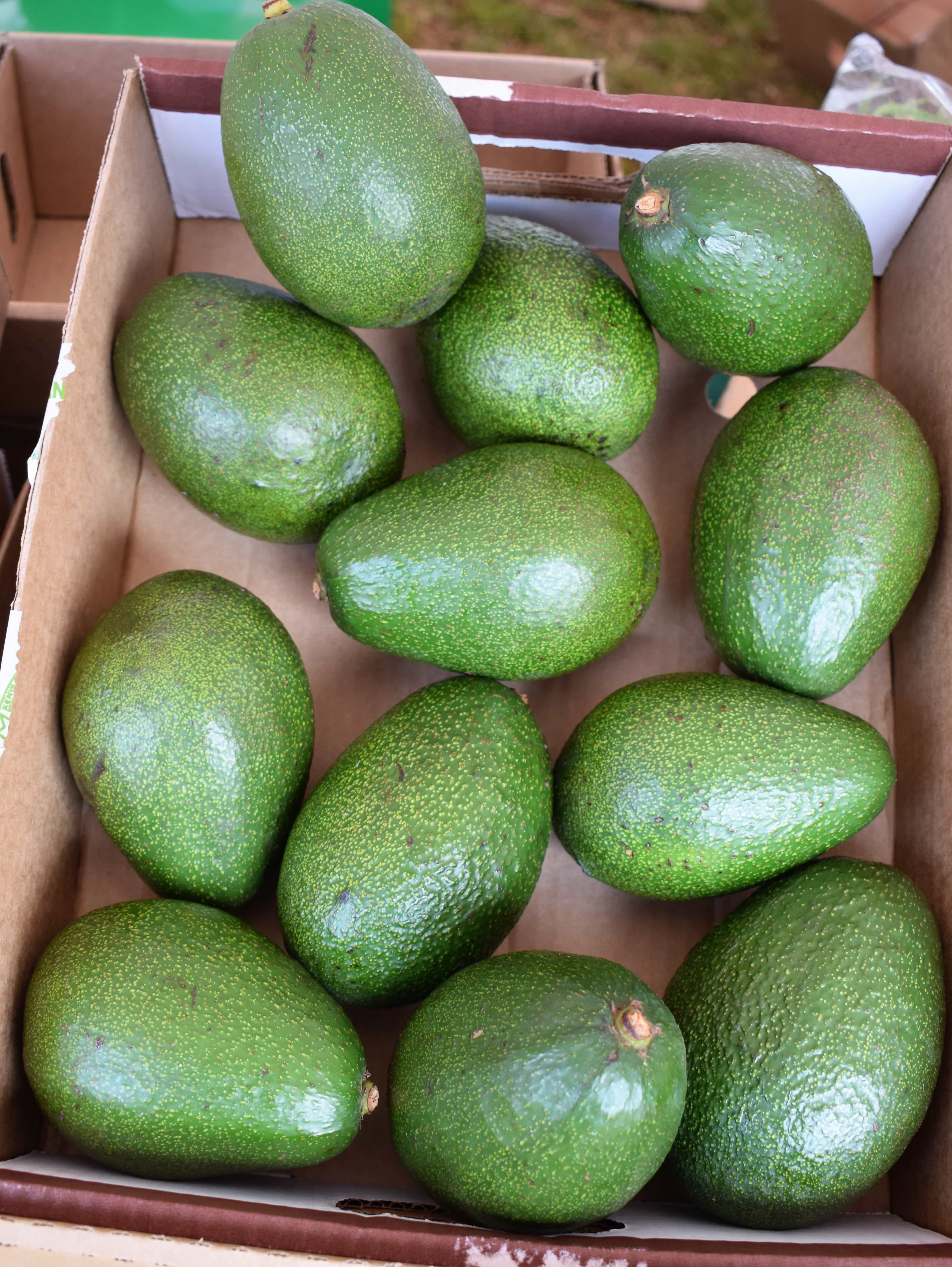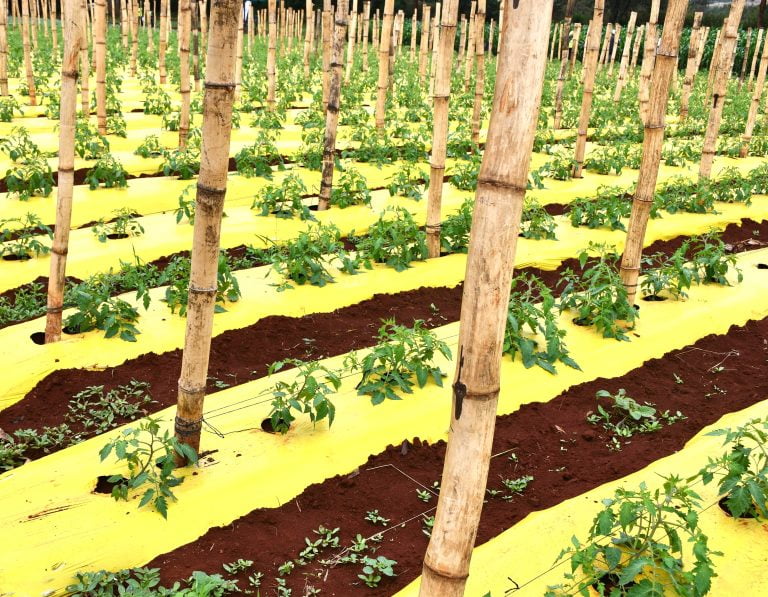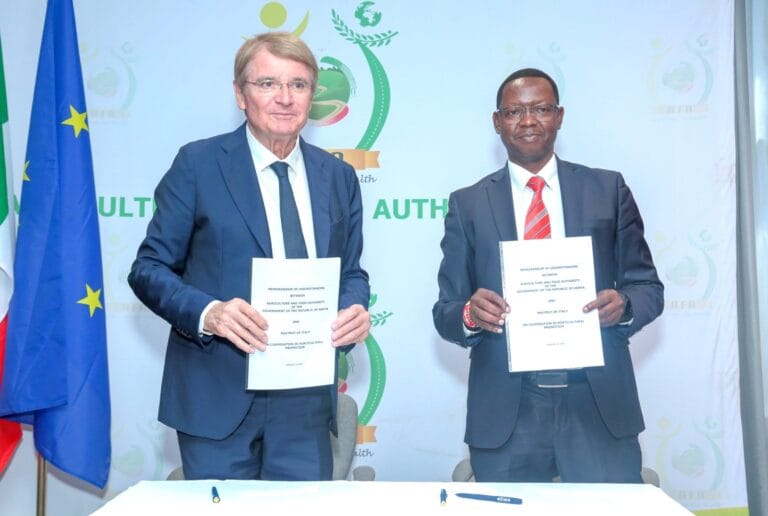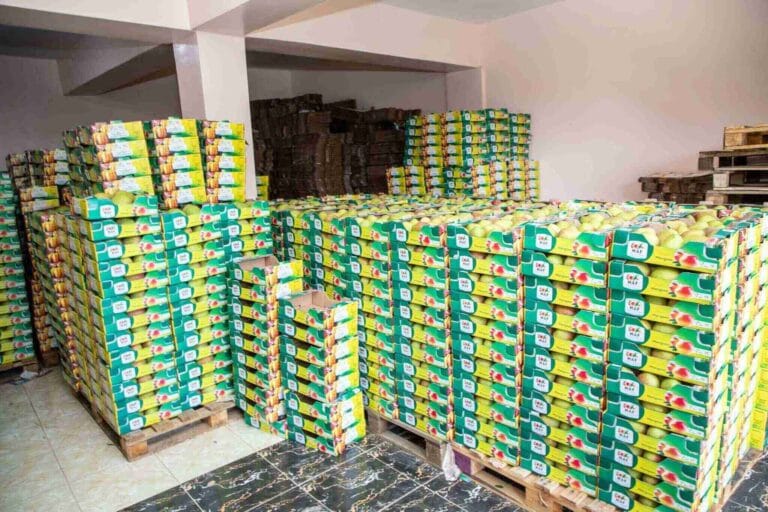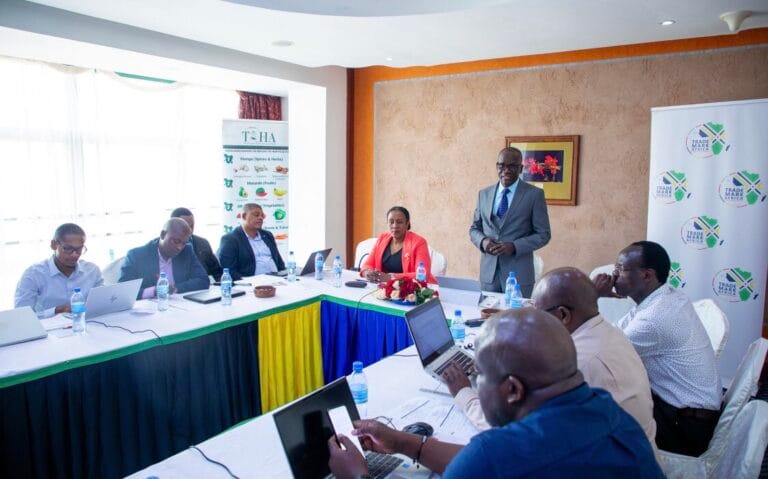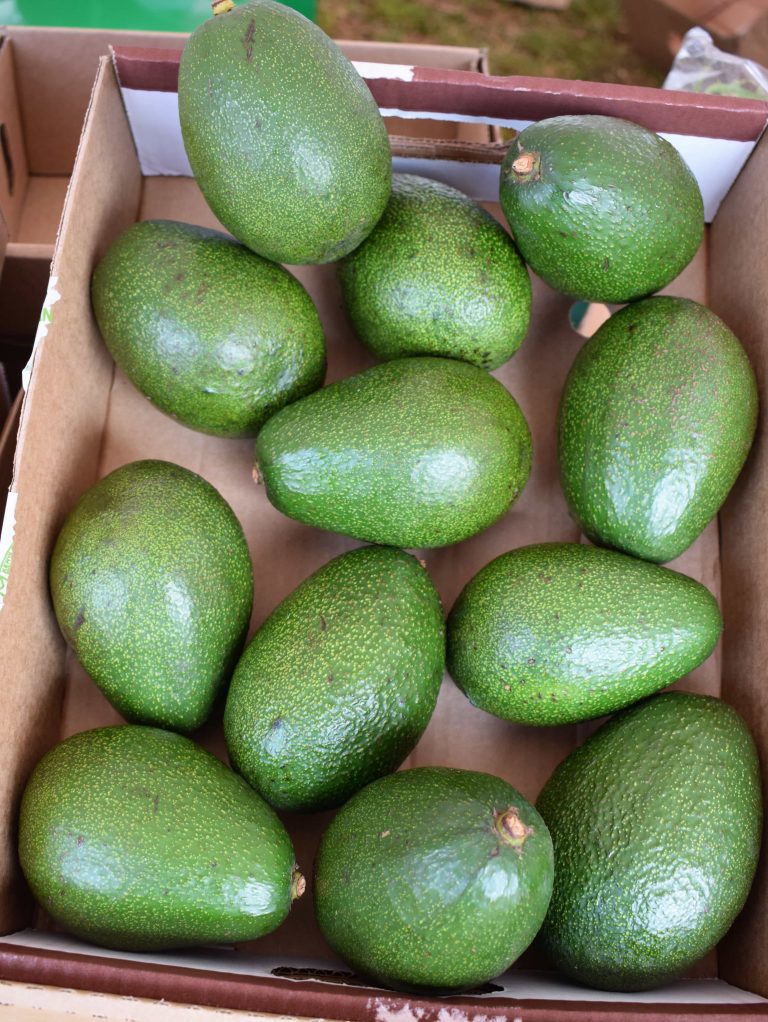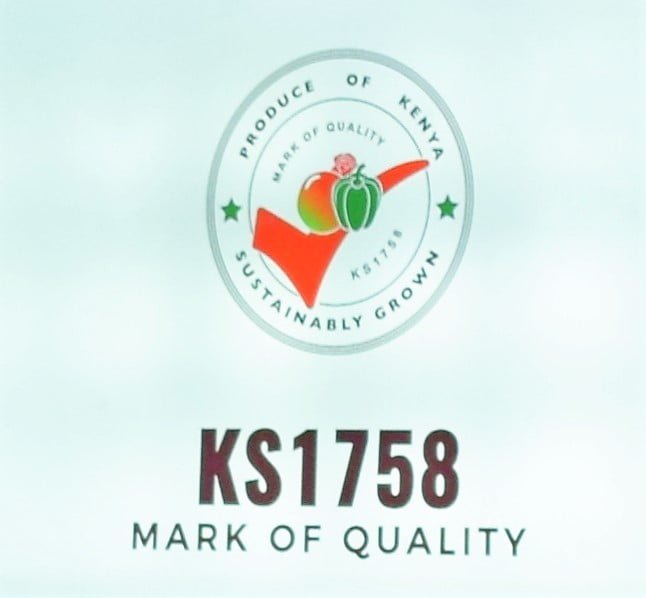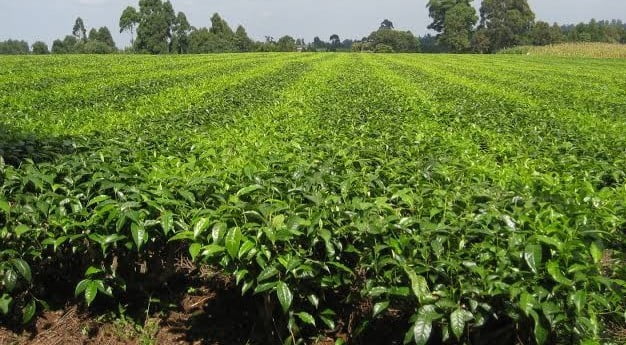Horticulture stakeholders in Kenya have been complaining of double taxation in the export trade. Our writer Kimuri Mwangi caught up with Okisegere Ojepat the CEO of Fresh Produce Consortium Kenya (FPC Kenya). Here is the interview.
Where are we as a country on matters tax in the horticulture industry?
Friends, unfortunately we have a country that seems to me disjointed when the tax regime works in favour of the governments than the citizens. It’s very unfortunate.
Are the county governments also to blame?
We now have county governments charging Cess at the county level when they know clearly that it is stipulated within their own rules that cess should only be charged for domestic products. Even for domestic products we are only supposed to charge tax from the county of origin. But then if you have products leaving Nakuru County, then you are charged at Kiambu County, then it’s charged in Nairobi County then it goes to Kajiado County then it goes to Makueni County then it goes down to Taita Taveta County before you get to Mombasa County, how do you expect the farmer to grow? So, we are making life very complicated.

Have you raised the issue with the government?
We have since written to government of the Republic of Kenya, that is the national government and we’ve also spoken to the county governments and some county governments have expressively accepted to support us.
Are there specific counties that are not cooperating?
We have notorious counties like Kajiado and Meru that have remained adamant when it comes to cess. So, we have to continue paying taxes in Kajiado, we continue having disruptions in Narok and we get a lot of disruptions in Meru and sometimes in Nyandarua. Even when it’s clear that this is an export destined product they still doubt.
What are the responses you receive from the county officers?
When we engage the officers, we realize there is a disconnect between the CECs, Chief Officers and Senior County officials with the enforcement officers down there. The enforcement officers tell you “We are enforcing the act,” while the executive will tell you “But it’s clear in the act we are not supposed to charge cess on export destined products.” So sadly there’s a blame game but there is a business here at stake.
How has this affected the industry?
Some of our members are finding it difficult to trade in areas like Kajiado and that means denying the farmers of Kajiado an opportunity to grow fruits and vegetables that they can supply and earn, denying them jobs and denying them businesses just because of punitive rates.
Have you as stakeholders raised the issue with the Council of Governors?
Unfortunately, there’s no uniform systems set by the counties. When you speak to the Council of Governors, (COG) they are not committal. There’s a lot of passing on the buck from one county to another county. The COG tells you “We have communicated this should not be happening,” but as we say in Kenya, things on the ground are different. So, whereas at the top level you are told things are being enforced, at the ground level we are subjected to double taxation at county level and the national level and this is becoming very expensive.
How much are you charged?
Take an example of a crate of French beans charged at a cost of between Kshs.100 and 200 per crate and if a truck has 300 crates, you can imagine you have to pay that have heavy fine in the name of cess. The following day it will be Kshs. 70, so it depends on the mood of the guy you find on the road so it’s very unfortunate that this is happening.
Are you still talking to the two levels of government?
We will continue engaging them and we hope that one day this will be brought to a complete closure. Ours is to urge the national government and the county governments and particularly the COG to agree on one single system. It’s either we are charging or we are not charging but we cannot be in such a situation where we are unpredictable.
Do you feel the counties should be charging the export produce?
Why are you charging? You know sometimes I ask myself what is the value add that counties put on our produce for them to charge. I mean what is the value add? Nothing! For the export destined products, we are already paying at the time point of export so we should not even be discussing it at the road blocks or at the county level. We should not even be discussing it in the first place because it’s going out and it’s earning us revenue as a country so we need to clarify. But there is need for us to continue engaging. There are some who have been for a lack of a better term hiding behind “oh you know you’re new in the office.” I mean more than one year you’re still new in the office? It doesn’t make sense.


